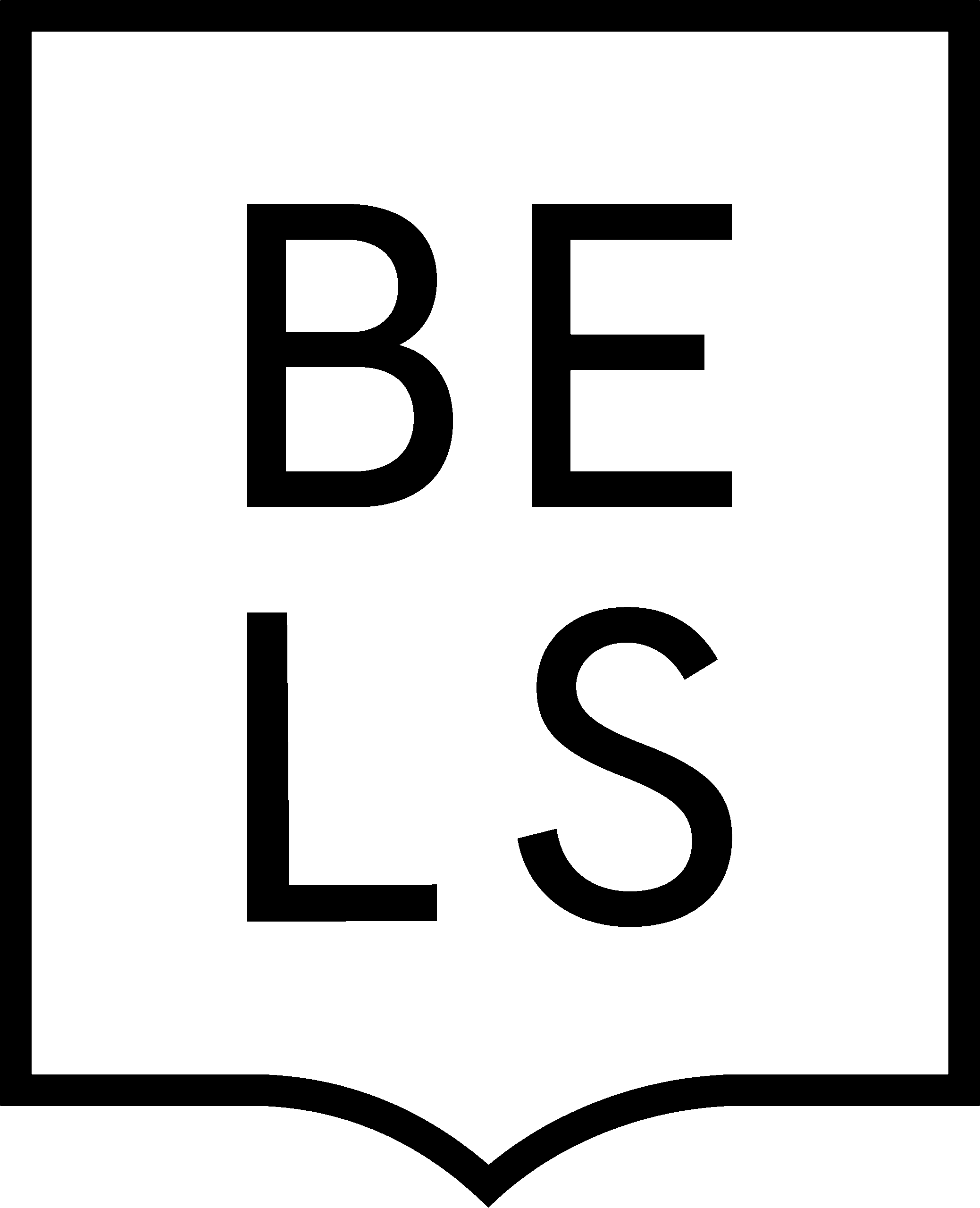How to Transform Basic English into Advanced English Vocabulary
If you’re looking to take your English skills from basic to advanced, improving your vocabulary is the way to go. In this blog our teachers have shared their tips on how to go from basic to advanced English vocabulary.

Learning English as a second language can be quite daunting, but there are several strategies you can use to speed up your progress. If you want to enhance your English skills, one practical approach is expanding your vocabulary from basic to advanced. By learning new words and understanding their meanings, you can comprehend complex ideas and express yourself more effectively. Broadening your vocabulary will help you convey the same message more effectively but more sophisticated. So, let’s embark on this journey of improving your vocabulary and making progress one word at a time!
What should advanced English language learners be able to do at this Level?
Advanced learners are typically more confident in their language abilities as they regularly use English in their workplace or class. Compared to elementary or intermediate students, advanced learners are nearing the height of their language learning experience. They can be understood clearly by others. Where beginners and intermediate students are still developing their grammar and communication skills, advanced students feel comfortable speaking fluidly with others because their fluency is so high. One main thing that sets them apart is having advanced English vocabulary.
Bridging the Gap between Basic and Advanced English Vocabulary.
Having a good vocabulary is essential in mastering the English language. At lower levels, communication relies on basic words and simple expressions, while at advanced levels, a rich and diverse vocabulary becomes a powerful tool for precise and nuanced communication. Learners can expand their word bank by reading various texts, exploring different genres, and paying attention to context. It’s about knowing big words and using the right word at the right time. Engaging in conversations, listening to native speakers, and practising with new words daily can help solidify vocabulary growth.
Here’s how to go from Basic to Advanced English Vocabulary
- Diversify Reading Materials: To improve your vocabulary, move beyond basic texts and immerse yourself in various academic materials, including research papers, articles, and academic journals.
- Analyze Sentence Structures: Study the sentence structures employed in academic writing. Identify the different ways ideas are expressed, and aim to incorporate these structures into your own writing.
- Understand Formal Language: Transition from casual language to a formal register. Practice using language appropriate for academic settings, including traditional expressions and etiquette.
- Explore Synonyms and Antonyms: Enhance your vocabulary by exploring synonyms and antonyms. Understand the shades of meaning between words, allowing for more precise communication. Utilize Language
- Learning Apps: Explore language learning apps that cater to academic vocabulary. Many apps offer exercises and quizzes designed explicitly for advanced learners.
- Work with a Professional English teacher: Learning advanced English vocabulary independently is a great start. Still, it’s natural to feel unsure about using words correctly in sentences and real-life situations. This is where seeking help from a professional teacher can be beneficial.
Use this list of advanced English vocabulary to get you started:
If you are an advanced student, this list of helpful phrases will be vital to mastering the English language. You can use these words and phrases in social and professional situations, from email writing to conversation. Adding these words to your mental dictionary will amaze your colleagues and impress them with your use of advanced English vocabulary.
- Text me – Hit me up.
- I will pay the bill – it’s on me.
- Think about it – Sleep on it.
- Let’s meet today – Let’s catch up today.
- It’s up to you – The ball’s in your court.
- It’s annoying – It’s a pain in the neck.
- I’m anxious – I’m on edge.
- I fell asleep – I nodded off.
- Good luck- Break a leg!
- Stop wasting time – Stop faffing around.
- Keep it a secret – Keep it under wraps
- It’s not so difficult – It’s not a rocket science
- I’m a bit busy – I’m a bit tied up
- It’s time to study – It’s time to hit the books
- Leave me alone – Give me a break
- It’s a hot day today – It’s a scorching day today
- I’m happy to see you – I’m delighted to see you
- Good luck- Break a leg
- Start over-. Get back to the drawing board.
- It’s not yet decided – It’s up in he air.
Practice: Try making a sentence with each word and see the vocabulary in action. You may also hear these phrases and words used in conversation, and you will be able to understand what is being said more profoundly and substantially.
Looking to practice your advanced English vocabulary? Book an online lesson with a BELS teacher.
The power of learning advanced English vocabulary independently is remarkable. Although using those words correctly in real-life can be challenging, with the help of a professional teacher, you can overcome any uncertainty and achieve greatness. We can assist you with this at BELS English Schools in Malta and Gozo. Once you book an online lesson with us, we will provide you with an online English test. Your teacher will then use your test results and a needs analysis to create a personalized lesson plan based on your needs, level, and goals. Email us at [email protected], and one of our consultants will help you get started!
Learn with a Top School
Whether you'd like to improve English for personal, career or academic goals - we've got a course for you.
Browse Courses


